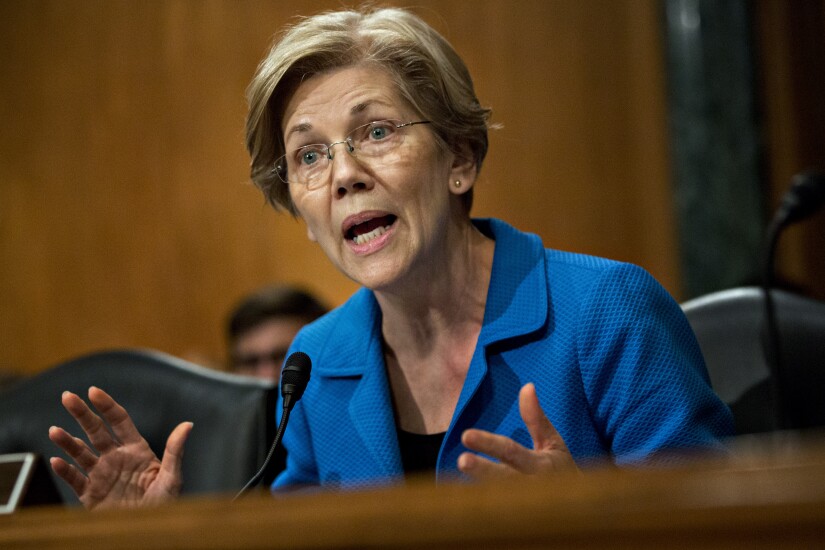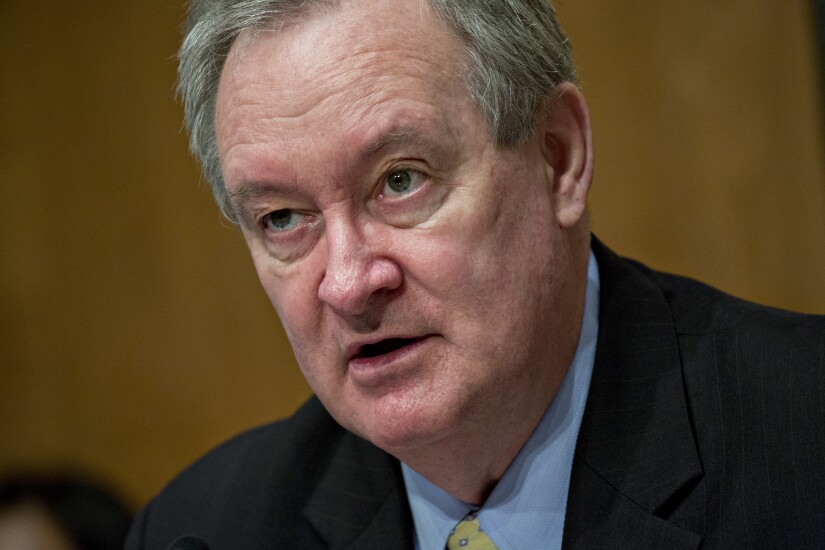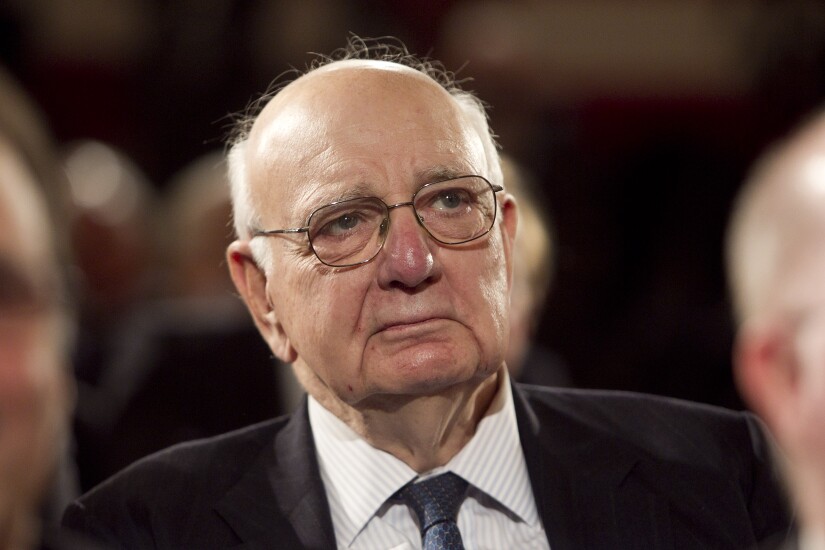WASHINGTON — When Jerome Powell, President Trump’s nominee to head the Federal Reserve, goes before the Senate Banking Committee Tuesday for his confirmation hearing, it will not be the first time — or even the first time this year — that he’s faced tough questions from lawmakers.
All the same, coming before a committee as a quasi-interim
It helps that Powell is a relatively known quantity at the Fed and has been
That said, there is still plenty for lawmakers to raise questions about, including his views on key issues he hasn’t addressed. It also remains unclear to what extent his positions might shift when he is atop the Fed’s hierarchy compared to when he was in a supporting role.
The Fed’s monetary policy levers also have the potential to put a damper on the Trump administration’s stated agenda of accelerating growth via tax cuts and other stimulative measures, so whatever signals Powell sends about interest rates will be watched closely.
There is a strong possibility that the policies that will most affect banks and their regulatory and supervisory structure simply haven’t been devised yet and likely won’t be for another six to 12 months. But what lawmakers ask Powell about now and how he responds can say a lot about what shape those policies might ultimately take.












